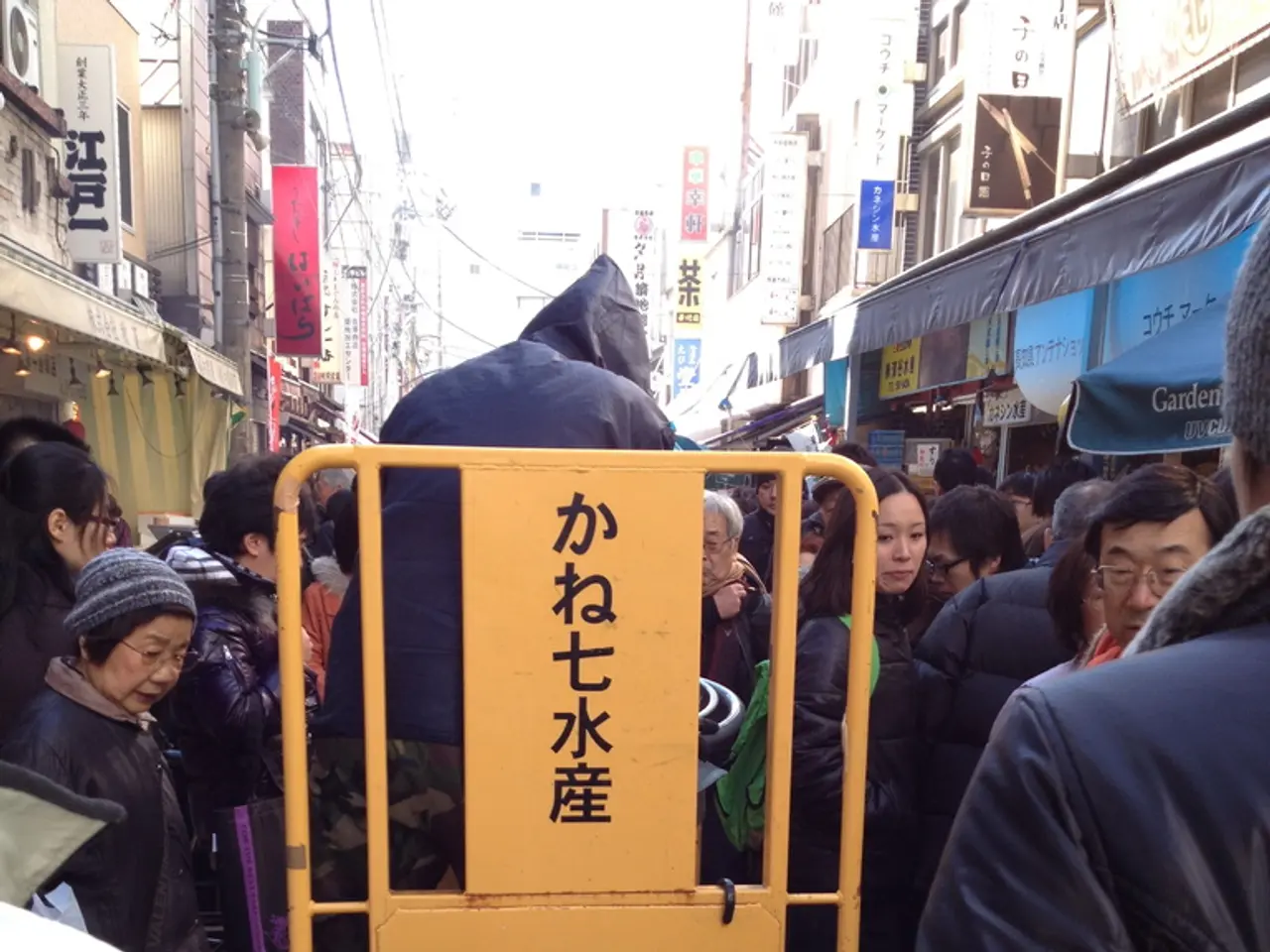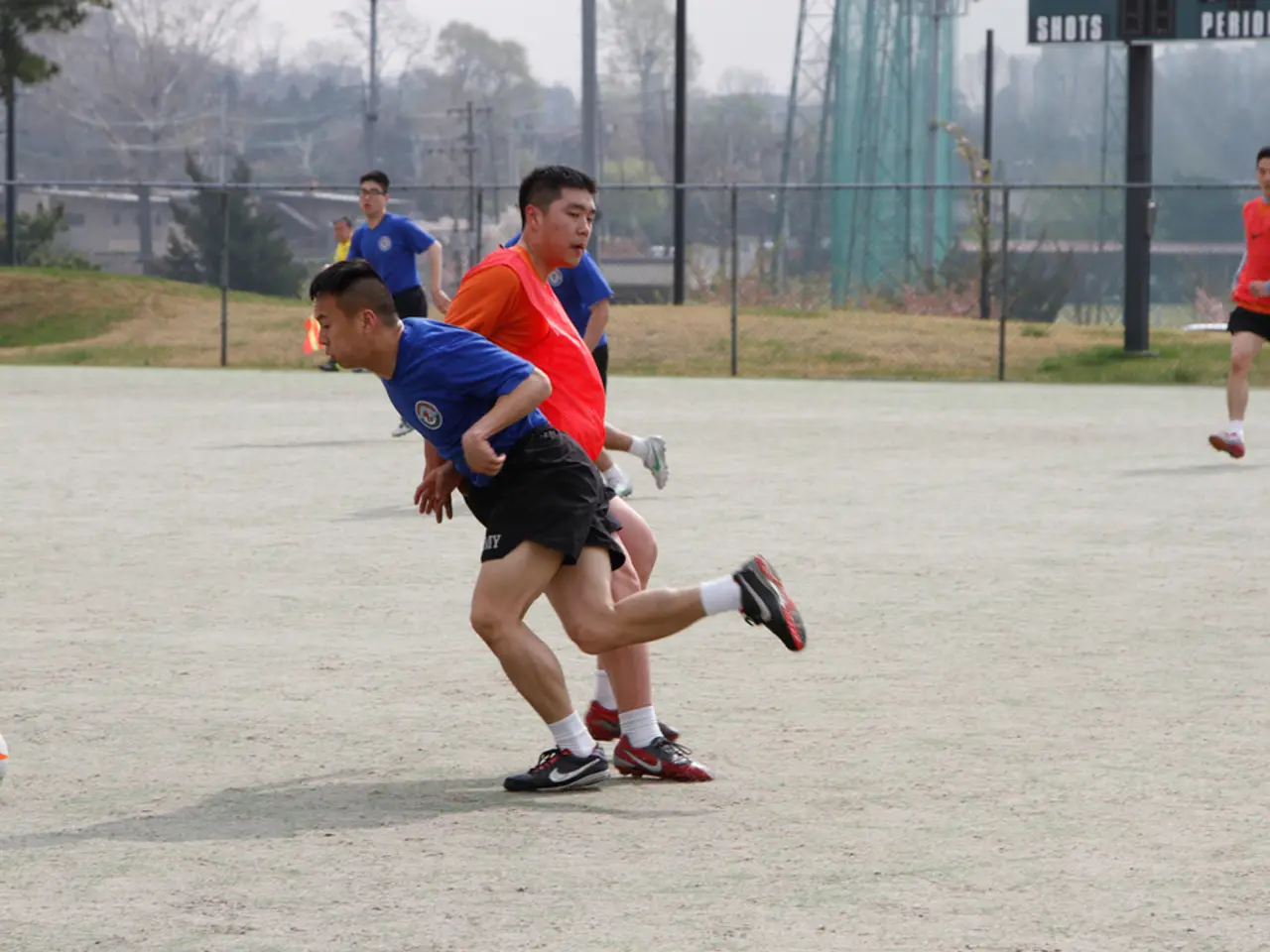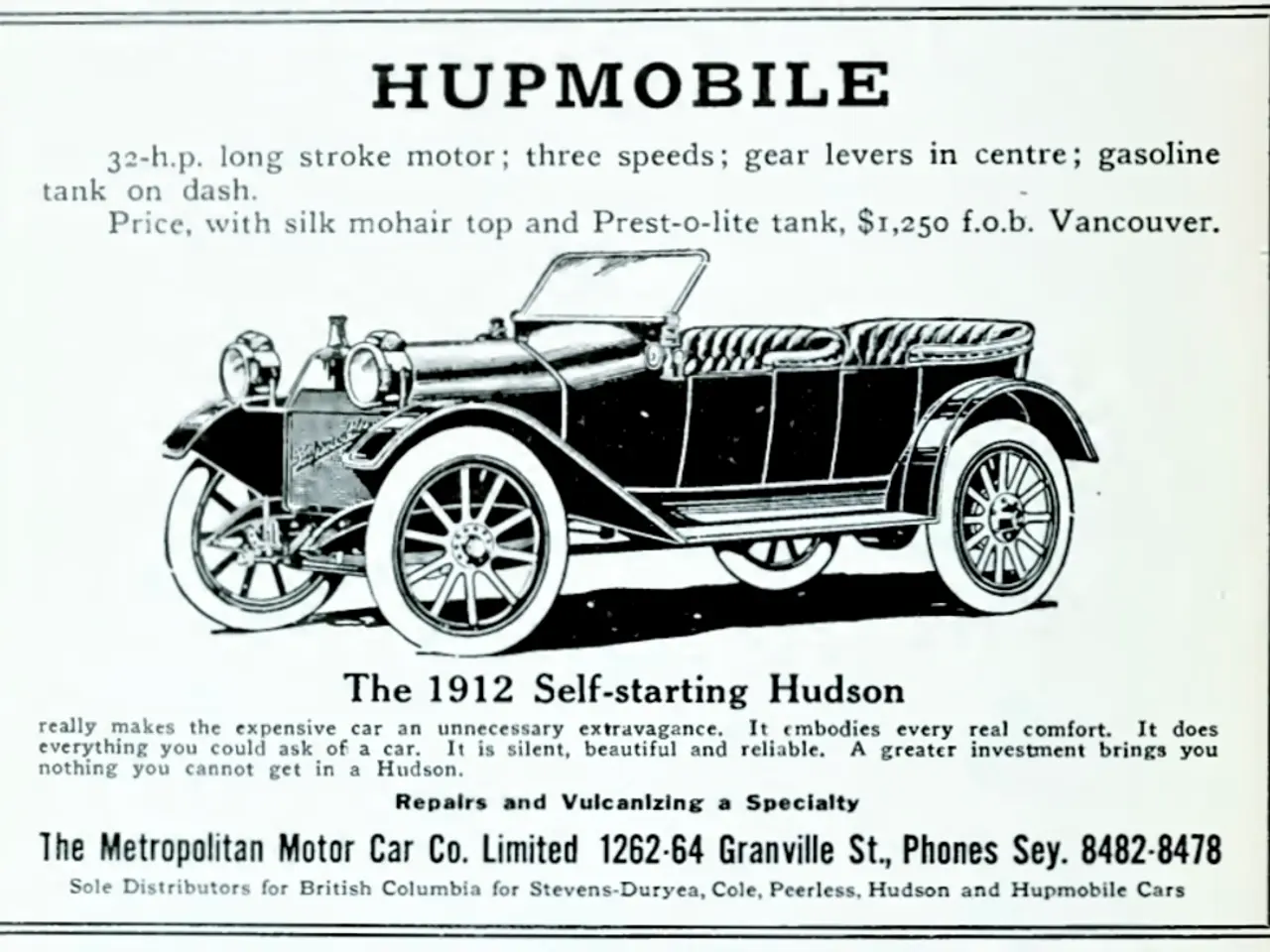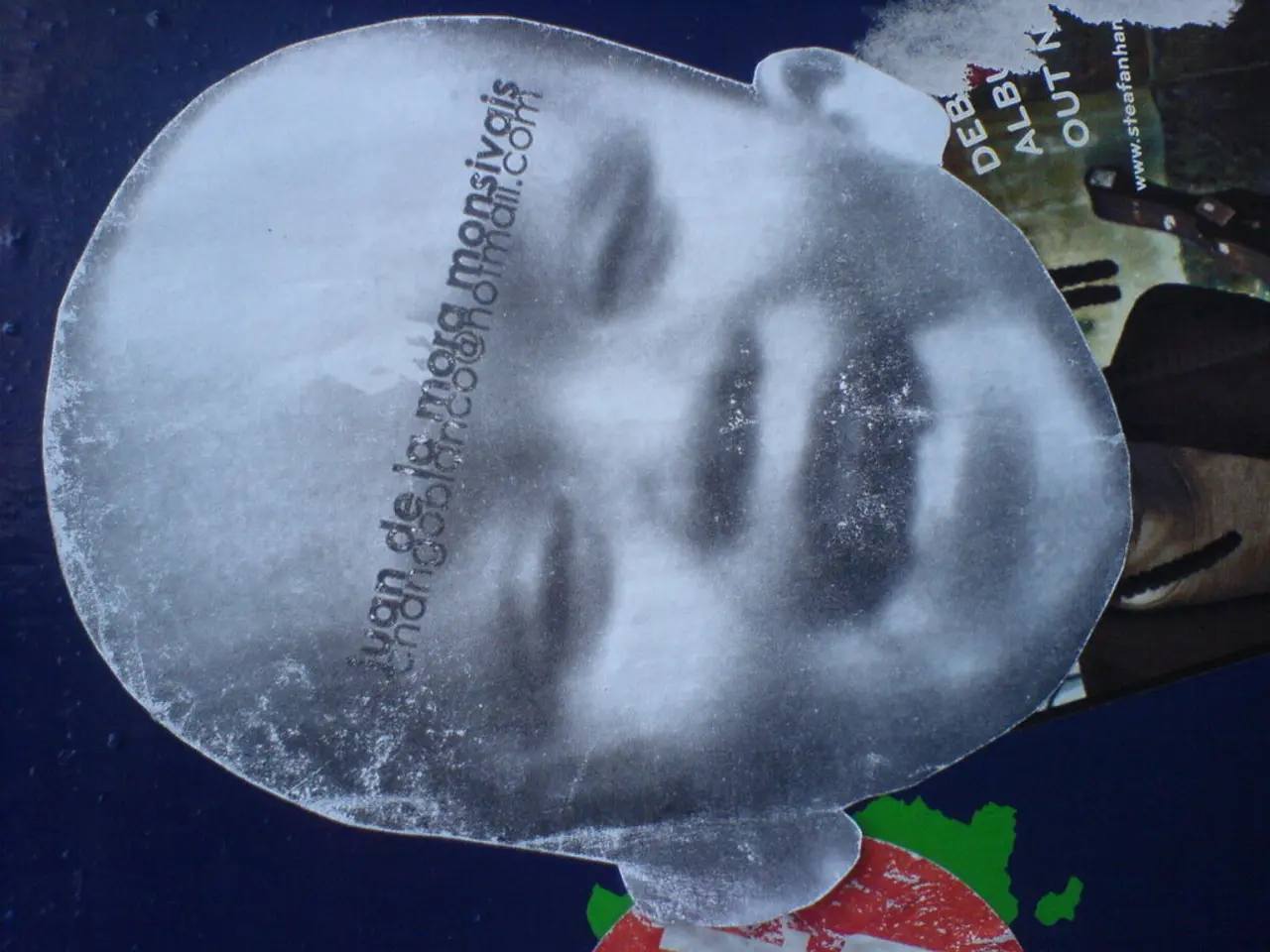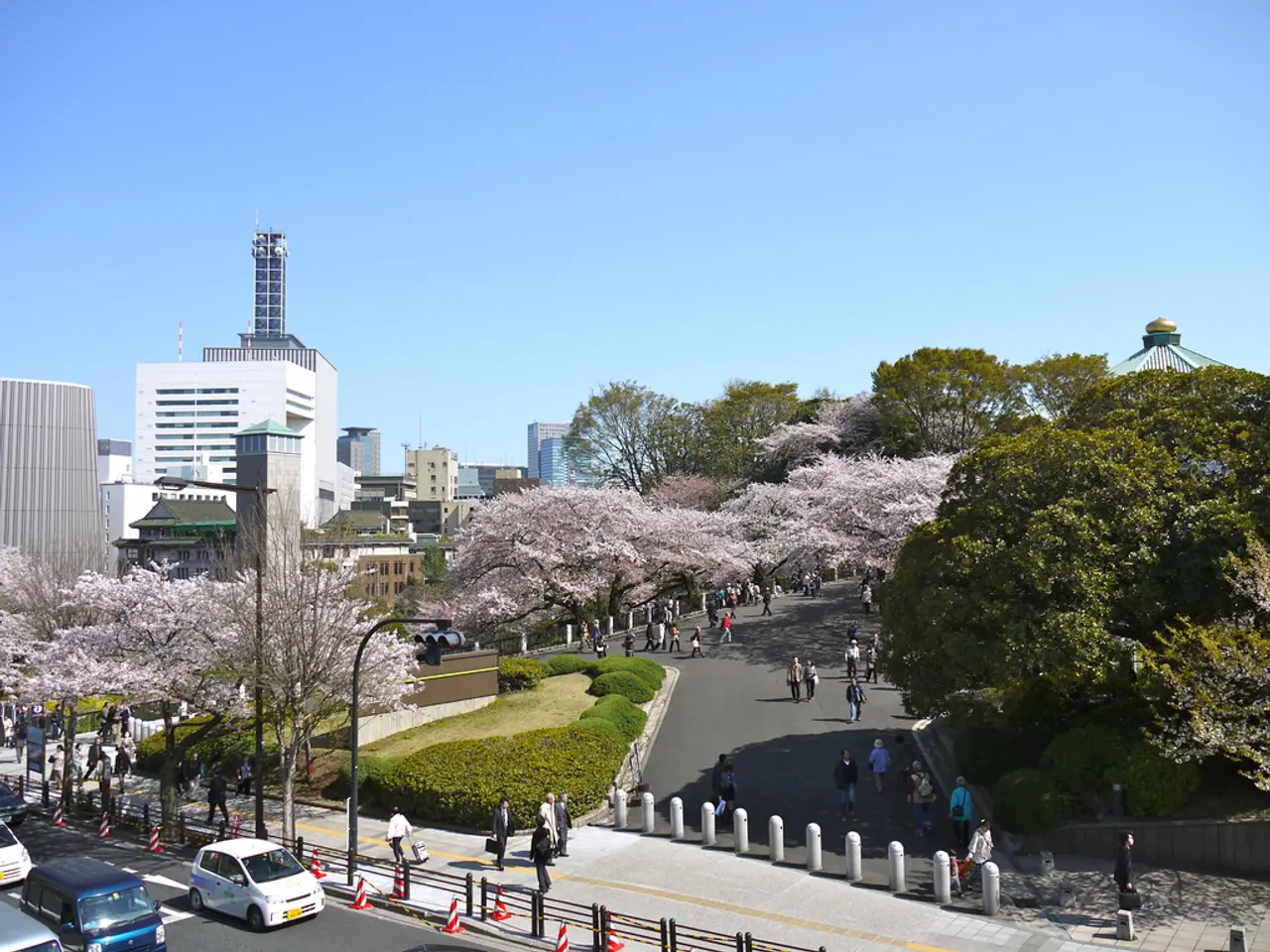China-dominated fast fashion industry conflict escalates in Italian heartland
In the heart of Italy, Prato—Europe's largest garment production centre and a key contributor to the "Made in Italy" textile supply chain—is currently experiencing a violent and escalating conflict between rival Chinese mafia groups. This "hanger war," named after their fight over the lucrative clothing hangers market, has turned the city into a dangerous battleground marked by shootings, arson attacks on warehouses, and intimidation of Chinese entrepreneurs and workers.
Historically, Prato's garment sector developed into a network of about 5,000 small, mostly Chinese-run subcontractors producing cheap garments for European markets. Known as the "Prato system," this industry is characterized by significant corruption and widespread legal violations. Workshops evade taxes and regulations by frequently shutting down and reopening, and rely on very low-paid labor—often migrant workers from China and Pakistan earning as little as three euros per hour. The labor conditions are largely lawless and unenforced, supporting a shadow economy fostered by mafia influence.
Key mafia figures include Zhang Naizhong, identified by prosecutors as a central leader controlling apparel transport logistics across several European countries, and Zhang Dayong, his deputy, whose recent murder in Rome is believed to be part of the mafia conflict. This feud over control has extended beyond Italy into France and Spain, involving attacks such as warehouse fires and violent assaults on workers.
The impact on the apparel manufacturing industry and labor force has been profound. The mafia infiltration undermines legal protections and labor rights, fueling illegal immigration and exploiting vulnerable workers with little enforcement of contracts or labor laws. The system relies heavily on corrupt practices, including tax evasion and illicit profit repatriation to China. Violence, threats, and fear among entrepreneurs and workers destabilize the local industry environment and community. Union efforts to organize workers and report abuses often face obstruction or bureaucratic disregard, limiting resistance to mafia control and worsening labor conditions.
Prato’s public prosecutor has recognized the severity by requesting anti-mafia reinforcements from Rome, highlighting that the conflict has become an urgent threat to regional economic stability and public order.
In recent months, the union has secured regular contracts under national law for workers at over 70 companies in Prato, but this will not help those caught in Prato's mafia war. The situation has become so urgent that the prosecutor of Prato, Luca Tescaroli, has appealed to Rome for help. Meanwhile, the city's mayor resigned in June in a corruption investigation, accused of trading favors with a businessman for votes.
The gangs are battling to control the production of hundreds of millions of clothes hangers each year, with an estimated market value of 100 million euros ($115 million). This battle, dubbed the "hanger war," poses a risk to workers who are merely going about their daily business, with bombs exploding and warehouses being burned down. The current situation in Prato underscores the urgent need for action to address the mafia infiltration and restore law and order to the city's apparel industry.
(The article references reputable sources to support the facts presented.)
- Despite Prato being renowned for its textile industry, the current escalating mafia conflict, popularly known as the "hanger war," has jeopardized sports teams in the region, as numerous clothing factories have been targeted with violence, potentially disrupting the supply of uniforms and equipment.
- The ongoing mafia conflict in Prato's apparel sector, amidst labor exploitation, illegal immigration, and corruption, has made it difficult for workers' unions to advocate for fair labor practices in sports and other industries, as the workers are engulfed in fear and instability.
